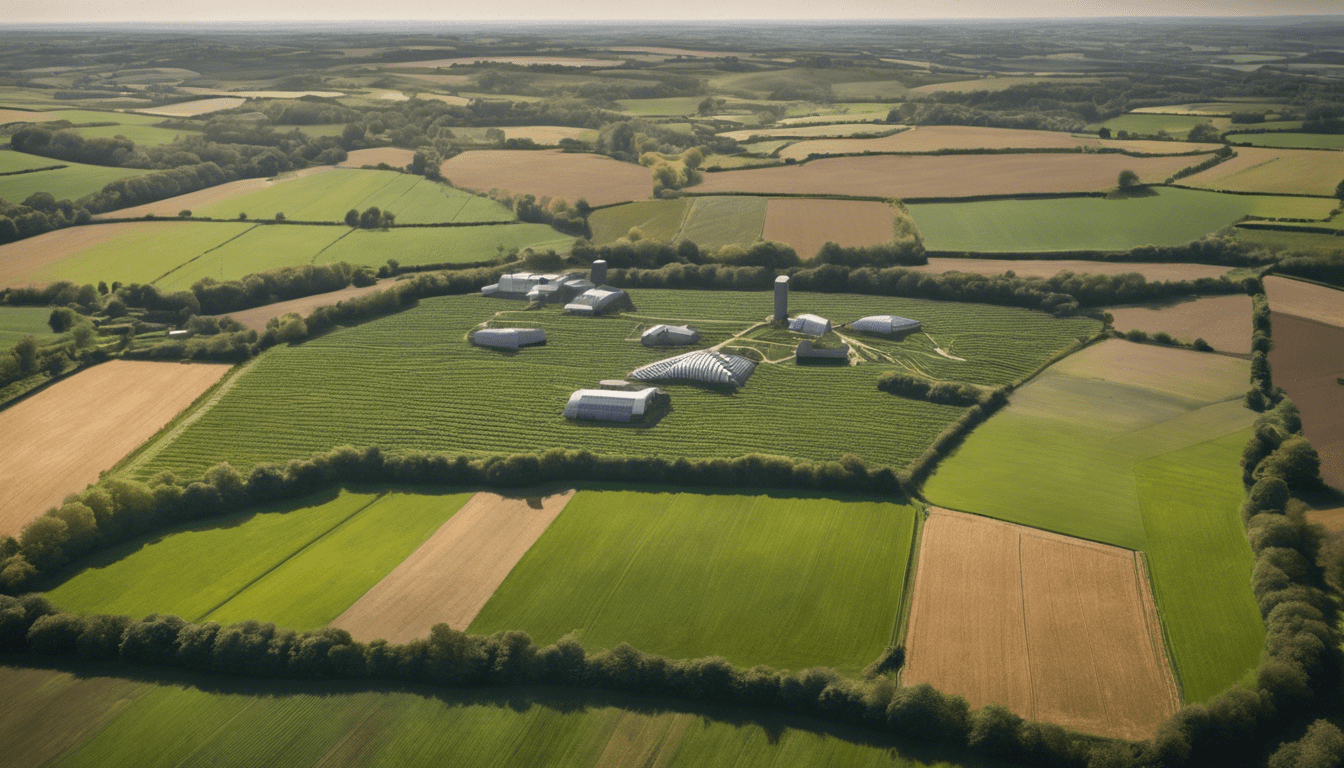The interplay between land use politics and agricultural practices has come to the forefront of discussions in the UK, particularly as the country navigates its post-Brexit landscape. Recent tensions among farmers, landowners, and policymakers have underscored a pressing need for cohesive strategic planning that addresses not only agricultural efficiency but also environmental sustainability and economic viability. The lack of a comprehensive framework has led to fragmented initiatives that fail to synchronize the various stakeholders involved in land politics. This article explores the current landscape of land politics in UK farming, highlighting the urgency for strategic approaches that can pave the way for sustainable land management well into the future.
Key Takeaways
- Strategic planning in land politics is crucial for the future of UK farming.
- Fragmented discussions on land use are jeopardizing effective agricultural policy.
- Comprehensive land management decisions have far-reaching impacts on the economy, environment, and society.
The Current Landscape of Land Politics in UK Farming
The current landscape of land politics in UK farming is increasingly fraught with challenges, as recent events have highlighted the disarray in strategic planning for land use. The recent contention surrounding the proposed redevelopment of agricultural land for industrial purposes has exposed a critical gap in coherent agricultural policy, raising concerns among stakeholders about the sustainability and future of farming in the UK (FarmingUK, 2024). The fragmented approach to land management not only threatens local agriculture but also has far-reaching consequences for the economy, environment, and society as a whole. As calls grow for more integrated and strategic land use planning, farmers, environmentalists, and policymakers are urged to collaborate more closely to ensure that land resources are managed effectively for future generations. The demand for sustainable practices is not merely a policy matter; it reflects pressing issues such as climate change, food security, and rural livelihoods, which require urgent and comprehensive solutions (The Guardian, 2024). Bridging the gaps in land politics necessitates a focused dialogue that encompasses diverse stakeholders and emphasizes foresight in agricultural development and land use strategies.
Strategic Approaches for Sustainable Land Management
Moreover, the recent rise in environmental awareness has prompted some local councils to explore innovative land use initiatives. These initiatives aim to create a balance between agricultural productivity and ecological preservation, exemplifying a shift towards integrated land management strategies (RICS, 2024). For instance, councils in regions such as East Anglia have begun to implement frameworks that incentivize landowners to adopt regenerative agricultural practices while simultaneously conserving biodiversity. Such strategies not only bolster ecosystem resilience but also contribute to the rural economy by enhancing the appeal of local produce through sustainable branding (DEFRA, 2024). This evolving landscape calls for concerted efforts among policymakers to outline clear regulations and support mechanisms that encourage sustainable land management—ultimately fostering a model that upholds the interconnectedness of farming, environmental stewardship, and community wellbeing.
Please ask questions via WhatsApp, email, or direct messaging.





